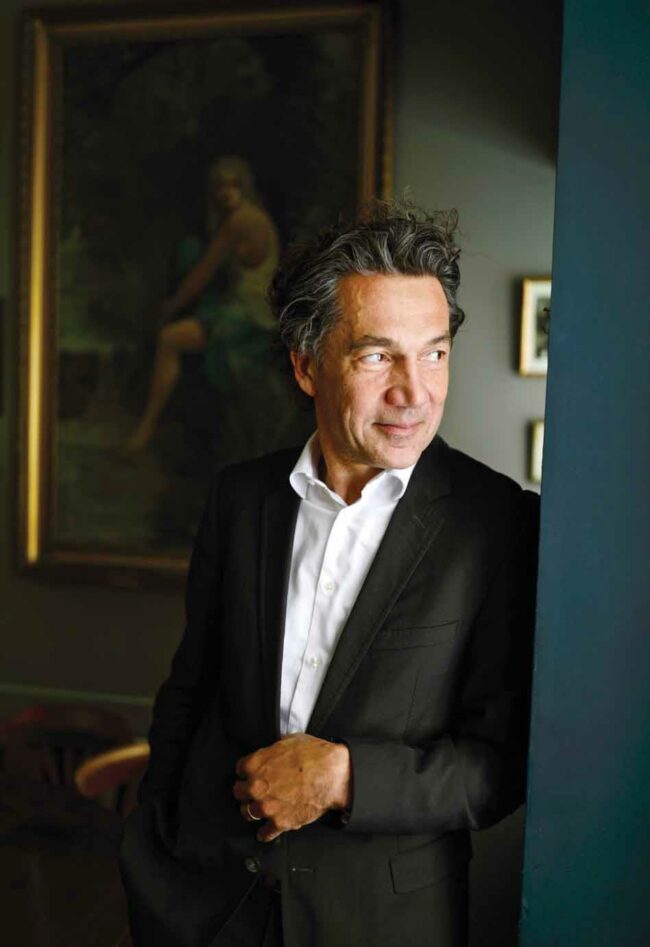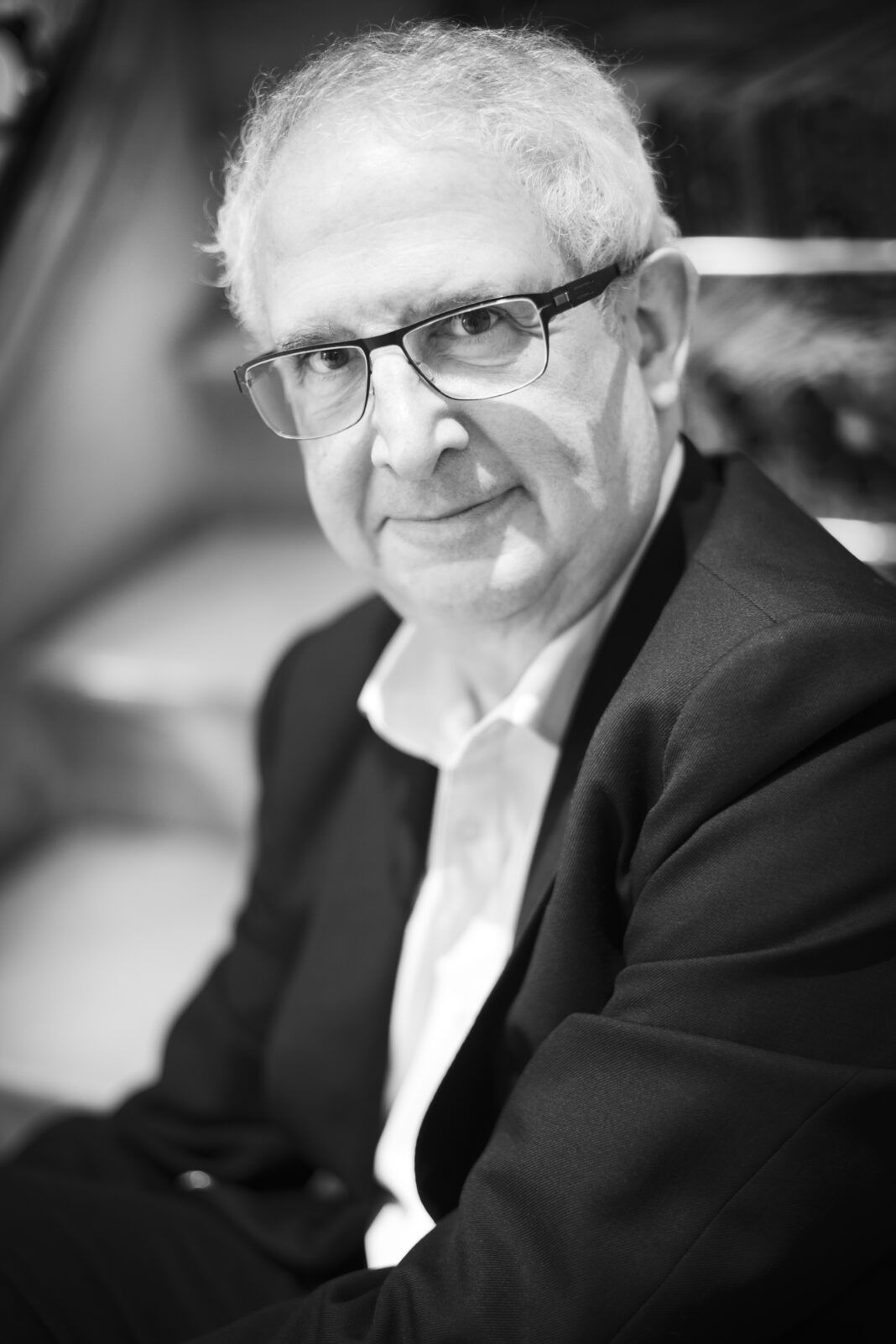Although wine is no exception to the society of the immediate, our chief taster would like to remind us that the best wines have much (and more) to gain from being patiently waited for.
🔓 Free access for all.
Our world is in a state of flow and revising its game rules. And not just economically. Staggering technological changes and their impact on our daily lives have considerably altered our relationship with time. Everything “new and beautiful” has become the dogma of consumer civilisation. Wine is no exception to this trend. The slow ageing of bottles in the cellar, the wine’s “fourth dimension” according to Hugh Johnson (1) – the one that distinguishes great wines from others – is increasingly seen as an old-fashioned coquetry of eccentric drinkers. Firstly, in the name of egalitarian and pseudo-democratic conformity. Why create a hierarchy between two types of wine, those to be drunk immediately and those to be aged? Why apply the same hierarchy to the terroirs that produce them? Why should a young wine, better appreciated in a blind tasting, be inferior in price and prestige on the pretext (yet to be proven) that the less appreciated will turn the situation to its advantage twenty or thirty years later? If we defend vin de garde in the name of our old traditions and our predecessors’ experience, we come across as reactionary old-fashioned or, more kindly, as a sweet dreamer. Science buffs are now coming to the rescue of iconoclasts campaigning for a new order. With the additional help of global warming, we are now able to make wines that are full of qualities from the moment they are born. We no longer need to wear away the initial defects, as we did with some of the great vintages of the past. The great modern wine shows what it has right away. And that’s good news for business and governments. The latter, greedy for money, invented consumption taxes, which brings money in as soon as the product is bought. The sooner the wine is sold, the sooner the tax is collected. The quicker it is consumed, the quicker it is replaced and the quicker this logic starts all over again. Why patiently build up a stock of old bottles, which is cumbersome to manage, takes up space and is likely to attract the attention of potential burglars? In France, the government considers that a dormant stock of wine still makes money. This potential capital gain must not be allowed to slip through its fingers. In short, if today’s wine-lovers want to see for themselves how a wine improves with age, they find it increasingly difficult to drink old wines, unless they know someone who has some in their cellar or have relatives who have passed them on. But what about tomorrow? We can always dream of a return to morality and wisdom. Time will always be the judge of all human activities. The universe moves at a speed that has nothing to do with our desires. Agriculture, perhaps more than any other human activity, teaches those who practise it patience with the real speed of things around us. You don’t plant a tree for yourself, but for future generations. A vine does not produce grapes immediately, and it often takes forty years or more for it to produce the best possible quality. But what about the wine? Why would its flavour need to develop and refine over time, and how would it do so? The ideologies I mentioned at the beginning of this text have nothing to do with this question. It is a question of taste, and the concept of ‘good’ cannot be ignored. In terms of taste, it is the equivalent of ‘beauty’ for the other senses. No one has ever talked about it more aptly than Hugh Johnson. In fact, I’ve always been impressed by the soothing sensation in the flavour given by an old wine that has aged well. That something that evokes the ‘gentle vitality’ defined by Hugh, and which also conveys the notion of origin and terroir with a perfection not possible with young wine. It is a feeling that Mallarmé understood so well in his famous line: “As in itself at last eternity changes it”. I am convinced that recent wines, made so seductive in their youth by the oenological knowledge of our time, need this transfiguration given by time just as much as old wines. Their substance, a complex compound of aromas, acidity and tannin carried by alcohol, undergoes slow molecular transformations in its glass prison, making the flavour more diverse, more complex and ultimately more individual. This is not a dream, it’s a fact. So far, attempts to artificially reproduce this evolution more rapidly have failed. What remains a mystery is the inability of certain terroirs, with a comparable wine constitution, to allow this transfiguration to take place.
(1) Hugh Johnson is a British writer and one of the world’s leading wine experts.
Photo: Mathieu Garçon
























